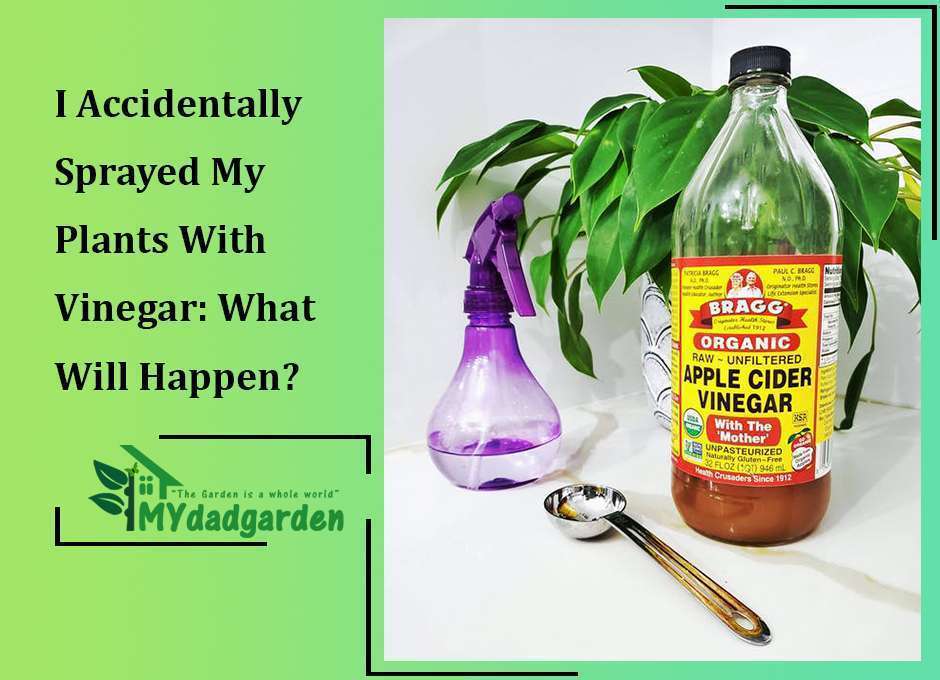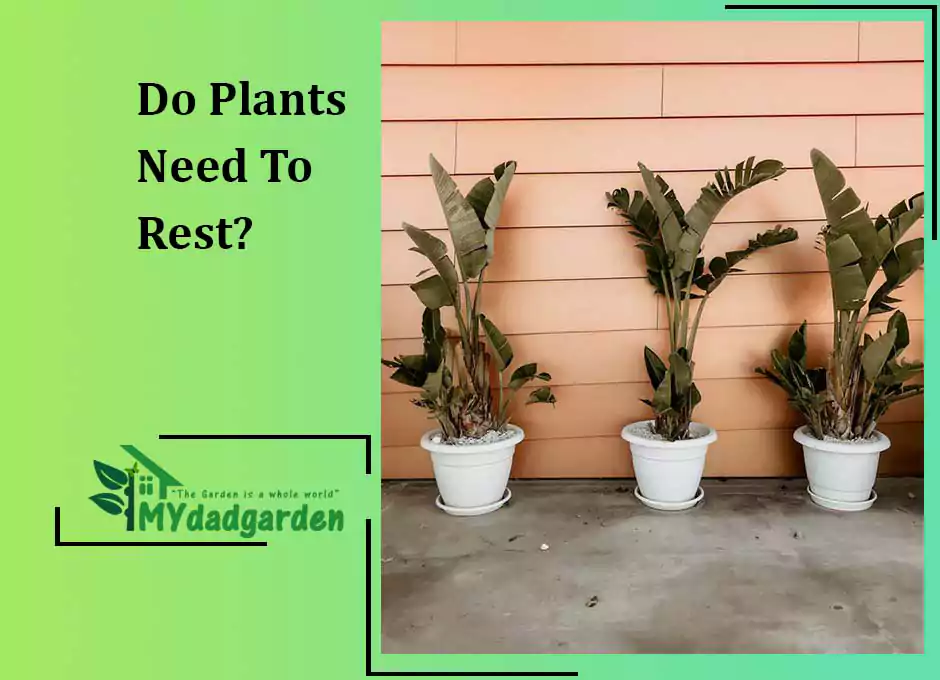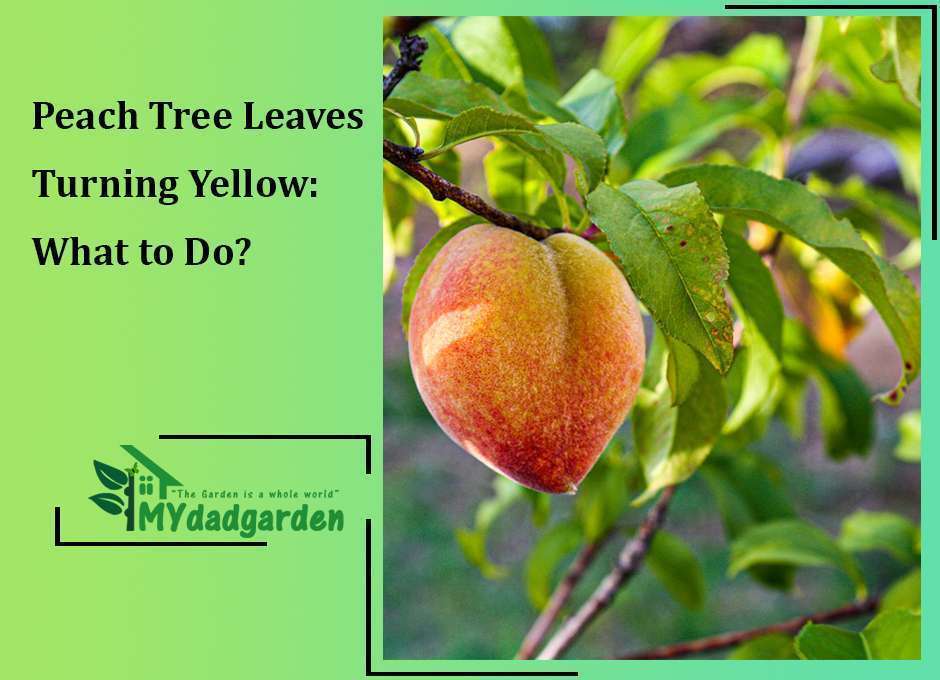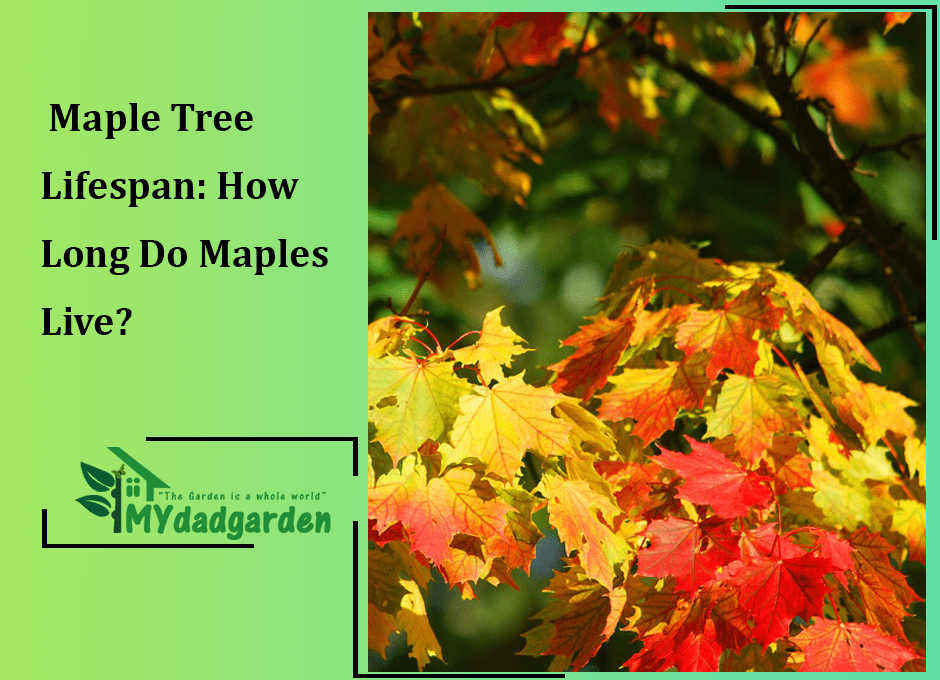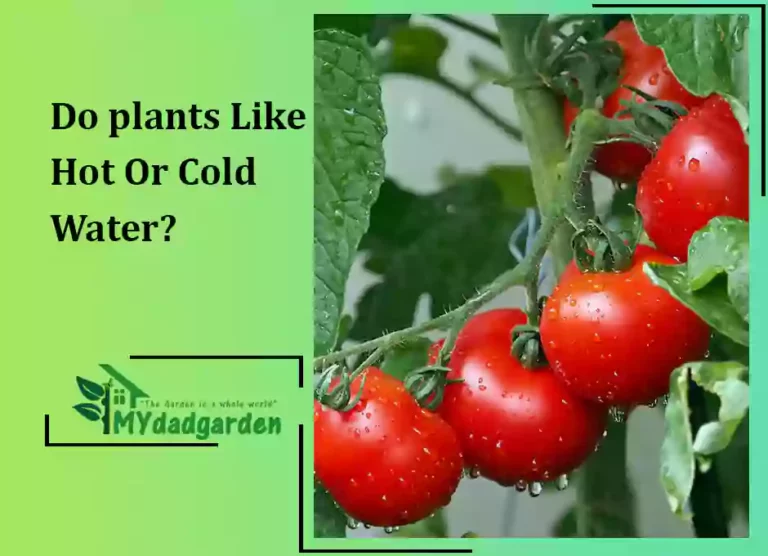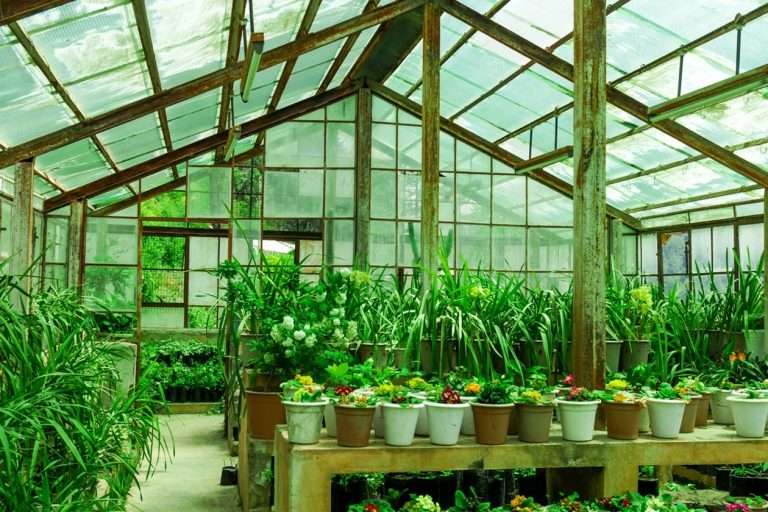I Accidentally Sprayed My Plants With Vinegar: What Will Happen?
If you’ve ever accidentally sprayed your plants with vinegar, you probably wonder what will happen. Vinegar is a powerful cleaning agent, and it can be harmful to plants if it’s not diluted correctly.
In this blog post, we will discuss the effects of vinegar on plants and offer some tips on how to clean up any accidental spills.
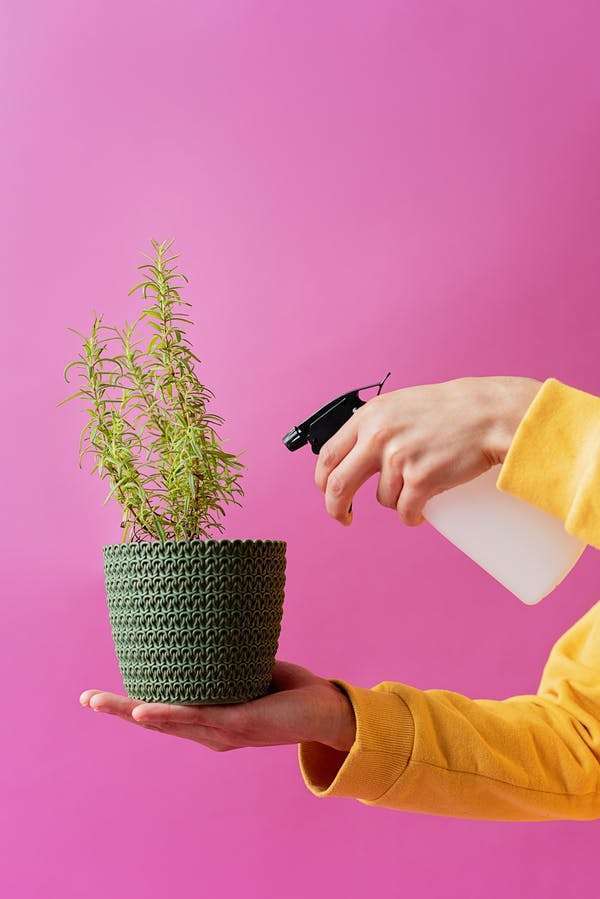
Table of Contents
Can You Spray Houseplants With Vinegar?
Vinegar is often used as a natural cleaning solution because it effectively cuts through dirt and grime.
However, you may be wondering if it is safe to use vinegar on your houseplants. The answer is yes, vinegar can be used to clean houseplants, but you need to be careful about using it. Vinegar is an acid, so it can damage plant leaves if applied directly. Instead, dilute the vinegar with water before spraying it on your plants.
A ratio of one part vinegar to four parts water should be sufficient. You can also add a few drops of dish soap to the mixture to help break down any stubborn dirt. Just be sure to rinse the plants well afterward to not leave any residue. Vinegar can be an effective and natural way to clean your houseplants with a bit of care.
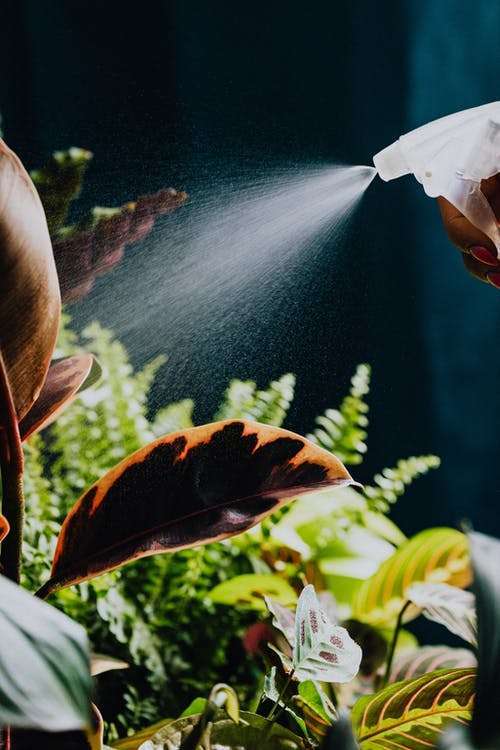
What Should I Do If I Accidentally Spray Vinegar On A Plant?
Vinegar is a popular household cleaning product that can remove stains and disinfect surfaces. However, vinegar is also highly acidic, and if it is sprayed directly onto a plant, it can cause leaves to burn and wilt. If you accidentally spray vinegar on a plant, it is essential to take immediate action to minimize the damage.
First, rinse the plant with clean water to remove as much vinegar as possible. Then, apply a generous amount of mulch or compost around the base of the plant to help protect the roots.
Finally, give the plant extra water to help it recover from the shock. With proper care, most plants will eventually bounce back from vinegar exposure.
However, it is always best to err on caution and avoid using vinegar around sensitive plants.
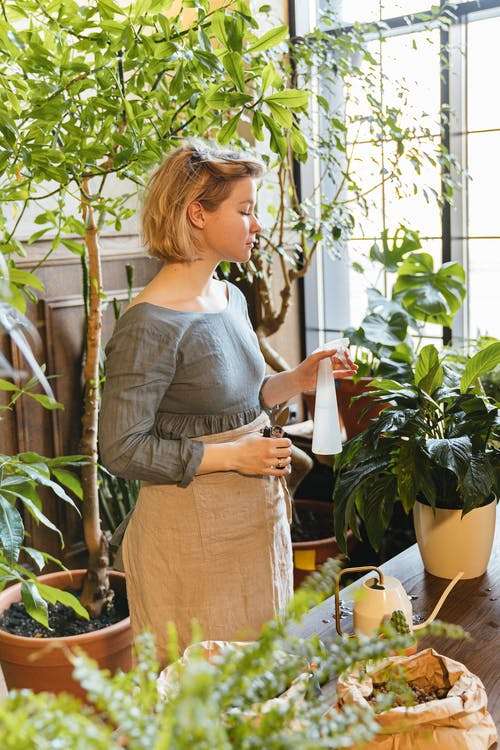
Is It Safe To Spray Plants With Vinegar?
Vinegar is a popular household cleaner because it effectively removes dirt and grime. However, vinegar is also a strong acid, and when used on plants, it can cause leaf burning and root damage. In addition, vinegar can kill beneficial bacteria and fungi that help to keep plants healthy. For these reasons, vinegar should be avoided when cleaning houseplants.
Many gentler cleaners on the market will not harm your plants. Or, if you prefer to use vinegar, be sure to dilute it with water and only use it on hard surfaces such as leaves and stems. You can keep your plants healthy and free from damage by taking these precautions.
Can I Spray My Plants With White Vinegar?
Yes, white vinegar can be used as a natural weed killer or insecticide. However, it is essential to use the right kind of vinegar and dilute it properly, or you may damage your plants.
Vinegar is an acidic substance, and undiluted vinegar can burn the leaves of plants. When using vinegar as a weed killer, it is best to apply it directly to the weeds on a sunny day. The vinegar will kill the weeds, but it will also evaporate quickly, so there is less risk of harming other plants. As for insects, vinegar can be used to make a homemade insecticide.
Simply mix one part vinegar with ten parts water and spray it on your plants. The acidity in the vinegar will kill the most common garden pests. Just avoid spraying any blooms, as this can damage the flowers.
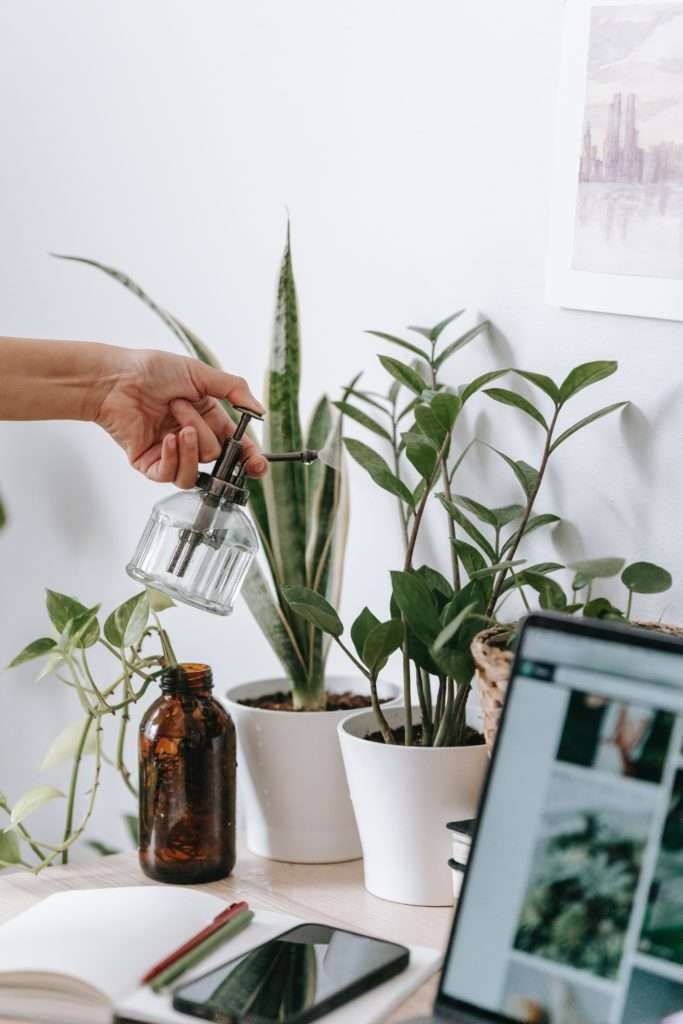
What Happens If You Accidentally Spray Vinegar On Plants?
Vinegar is an acidic solution that can be harmful to plants if misused. Vinegar can cause leaves to curl and wilt, and it can also burn the bark of trees and shrubs.
If you accidentally spray vinegar on plants, rinse the area with clean water as soon as possible. You may also need to apply a thick layer of mulch or compost to help protect the roots from further damage. In some cases, vinegar may only cause temporary damage to plants, but it is always best to err on the side of caution when using this product.
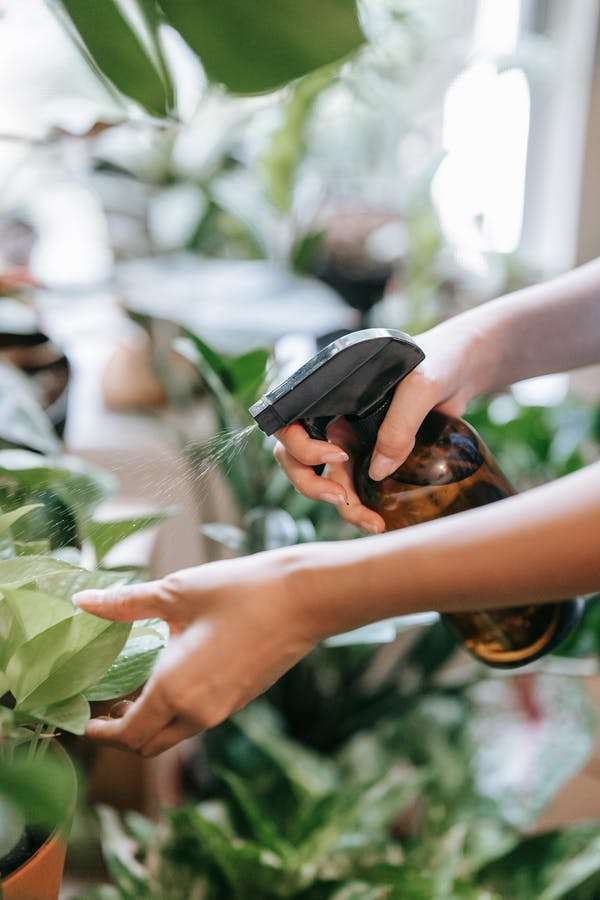
Will Vinegar Kill Potted Plants?
Vinegar can be effective at killing potted plants. Vinegar is a natural weed killer and can help control potted plants’ growth. However, vinegar can also harm beneficial bacteria and fungi in the soil, so it is essential to use it sparingly.
To kill potted plants with vinegar, mix one-part vinegar with two parts water and pour the mixture over the soil. Be sure to avoid getting the vinegar on the plant’s leaves, as this can cause burns. You should also avoid using vinegar on stressed or diseased plants, as it can further damage the plant. With proper care, vinegar can be a helpful tool for keeping potted plants under control

Can A Plant Recover From Vinegar?
Vinegar is acidic, and when applied to plants, it can cause wilting, leaf scorching, and root damage. However, vinegar is also a source of nutrients, so it can be beneficial to plants if used in moderation.
In most cases, vinegar will not kill a plant outright, but it can stunt growth or cause leaves to be yellow. If you accidentally use too much vinegar on your plants, try flushing the area with water to dilute the vinegar and prevent further damage. Your plants should recover from vinegar within a few weeks with proper care.
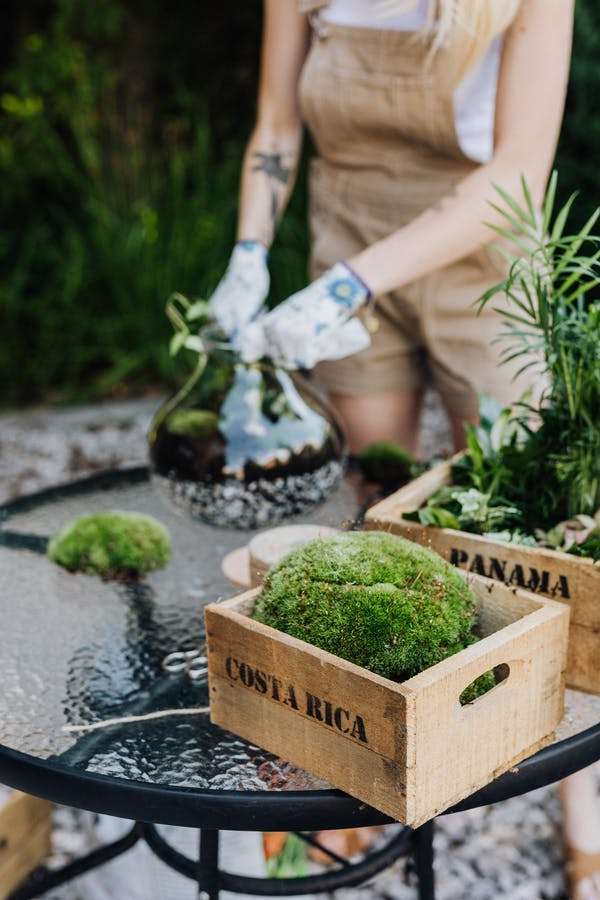
How Much Vinegar Should I Put In My Plant’s Water?
Vinegar can be used as a disinfectant and can help to deter pests. When using vinegar in the garden, it is essential to dilute it with water. A ratio of one part vinegar to ten parts water is generally recommended.
Vinegar can be applied to plants directly or added to their watering can. However, vinegar should not be used on all plants. It is best to avoid using vinegar on plants that are delicate or vulnerable to acidity.
As always, it is crucial to test vinegar on a small area of the plant before applying it more broadly.
Effect Of Vinegar On Plants?
Vinegar can be used as a natural herbicide; it will kill plants. Vinegar is also a great way to remove unwanted plants from your garden.
To make vinegar, you will need to add water and sugar to create an acidic base. You can use any type of vinegar, but white vinegar is the most common.
Be sure to dilute the vinegar before applying it to your plants. You should mix one part vinegar with ten parts water. Apply the vinegar directly to the leaves of the plant.
The vinegar will work to kill the plant by drying out its leaves. The vinegar will also kill any insects or larvae on the plant. If you are concerned about harming beneficial insects, you can apply the vinegar in the evening when they are not active.
You should avoid spraying vinegar on windy days as it can drift and harm other plants.
If you’re looking for an all-natural and safe way to get rid of pests, weeds, and fungus on your plants, vinegar is a great option. You can use it in various ways to achieve the desired results. Have you tried any of these methods? What has been your experience? Let us know in the comments below.
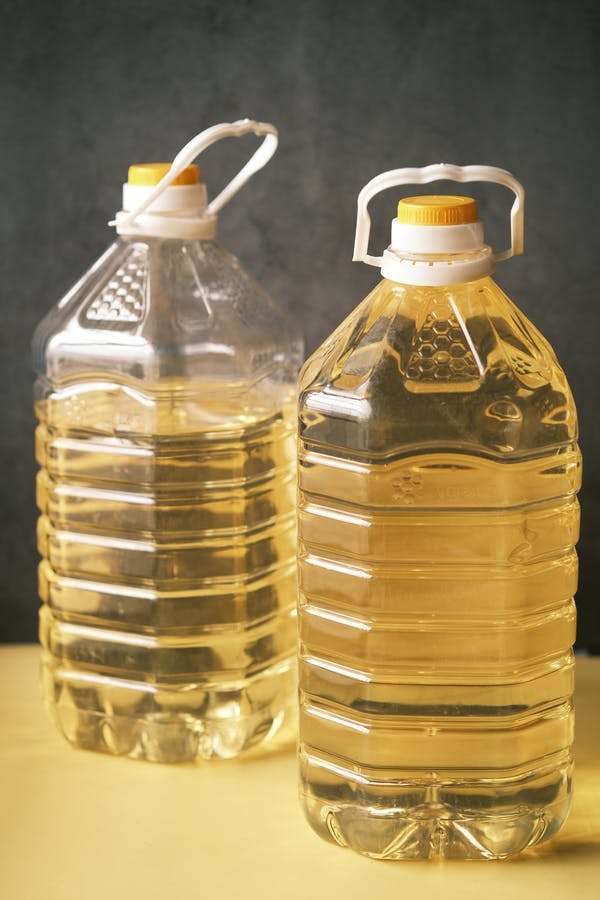
FAQ
Is vinegar a suitable insecticide?
Yes, vinegar can be used as an insecticide. It’s a contract killer, meaning it kills the insects it comes into contact with. This makes it a good choice for organic pest control because it’s safe for people and pets
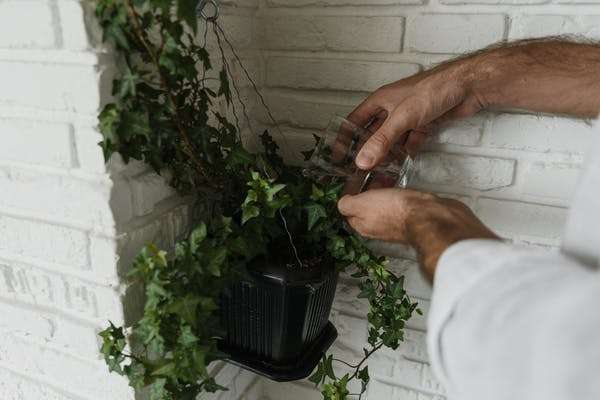
Can you spray diluted vinegar on plants?
Yes, you can spray diluted vinegar on plants to help kill any pests or fungus affecting them. Be sure to test a small area of the plant first, as some varieties may be sensitive to vinegar.
answer the above question
Previous Article: Are Coffee Plants toxic to Cats?

